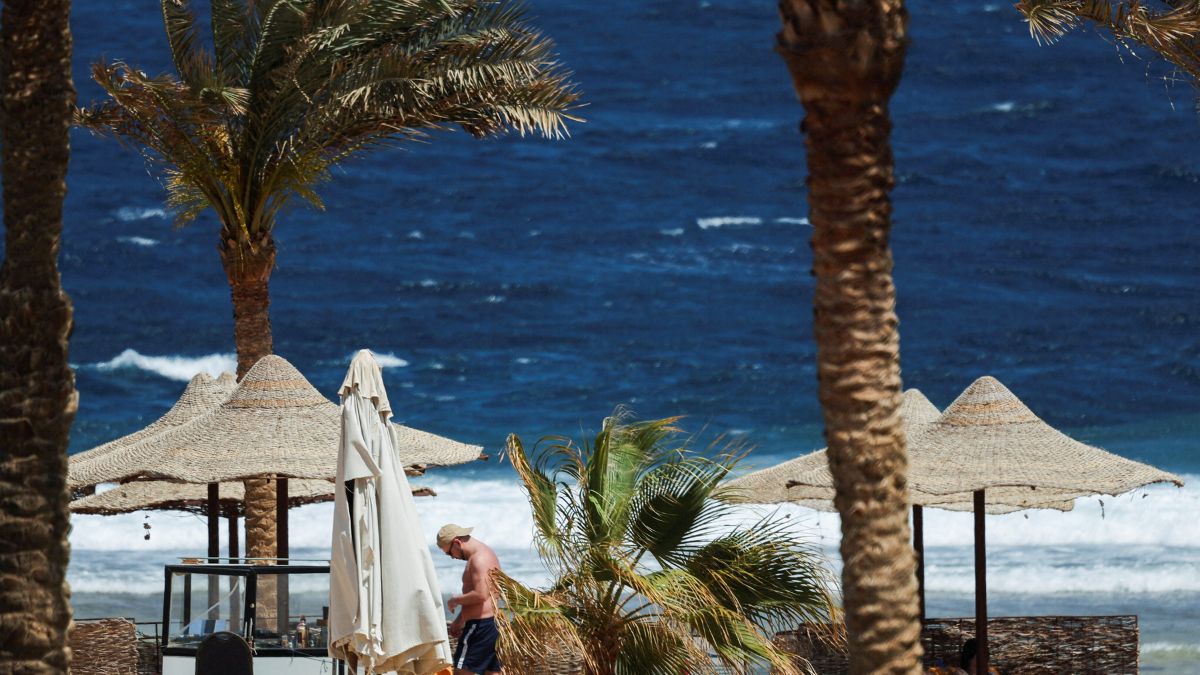Will Tesla be the biggest winner from Trump’s car tariffs?
US President Donald Trump has announced 25 per cent tariffs on imported cars and key auto parts.
The tariff, which is set to go into force on April 3, has roiled markets around the world.
The White House said it expects to raise around $100 billion from these tariffs yearly.
But what did Trump say? And how has Musk responded? Will the tariff be good for Tesla?
Let’s take a closer look:
What did Trump say?
“This will continue to spur growth,” Trump told reporters. “We’ll effectively be charging a 25 per cent tariff for all cars that are not made in the United States.”
As per The Times of India, the tariff will be levied on parts such as engines, transmissions, powertrain systems, and electrical assemblies.
CNBC quoted Trump as saying that Musk, who is a senior adviser to Trump, had not given any input on the policy.
This is because he “may have a conflict,” Trump added.
Trump said Musk never looked for any business favours and that he talked to major automakers regarding the policy.
He said the tariffs would be a “net neutral or maybe good for Tesla."
Trump singled out the EV firm’s assembly plants in Austin, Texas, and Fremont, California.
“Anybody that has plants in the United States — it’s going to be good for them," Trump was quoted as saying by the outlet.
The tax hike starting in April means automakers could face higher costs and lower sales, though Trump argues that the tariffs will lead to more factories opening in the United States and the end of what he judges to be a “ridiculous” supply chain in which auto parts and finished vehicles are manufactured across the United States, Canada and Mexico.
To underscore his seriousness about the tariffs directive he signed, Trump said, “This is permanent.”
However, Musk quickly took to X to refute the claim.
Tesla “is not unscathed here,” Musk wrote on X. “The tariff impact on Tesla is still significant.”
Will Tesla be the biggest winner?
It certainly looks that way.
Bloomberg reported that Tesla could be a huge winner under this plan.
Musk, who owns Tesla, is part of Trump’s inner circle. He has donated hundreds of millions of dollars to Trump’s presidential campaign.
The outlet noted that Tesla, with its huge manufacturing facilities in California and Texas, produces all the vehicles it sells in the US within the country.
This, as its major competitors including South Korea’s Hyundai Motor Co., Germany’s Volkswagen AG, and even America’s General Motors Co. will soon incur significantly higher costs.
However, Tesla also imports components such as batteries and electronic parts. Tariffs on these products would cost Tesla to raise its prices.
Musk himself said so on X.
“To be clear, this will affect the price of parts in Tesla cars that come from other countries. The cost impact is not trivial,” the Tesla CEO said.
As per Business Standard, Tesla in recent letter to the US Trade Representative said that “even with aggressive localisation” of its domestic supply chain, “certain parts and components are difficult or impossible to source within the United States."
It asked the USTR to “consider the downstream impacts of certain proposed actions taken to address unfair trade practices."
Bloomberg quoted CFRA research analyst Garrett Nelson as saying Tesla is ‘least exposed” to new tariffs due to its domestic production.
Tesla itself made this statement on X, calling its models “the most American-made cars."
The car company has come under growing strain with attacks on its showrooms and vehicles occurring both in the United States and Europe.
Meanwhile, its sales have tanked brutally in Europe – in particular in Germany where Musk has voiced support for the far-right Alternative for Germany (AfD).
The White House has backed Musk all the way.
Not only did Trump essentially do a commercial for Tesla from the White House, senior administration officials have vowed to prosecute those targeting the firm as ‘domestic terrorists.’
Shares in General Motors fell roughly three per cent in Wednesday trading. Ford’s stock was up slightly. Shares in Stellantis, the owner of Jeep and Chrysler, dropped nearly 3.6 per cent.
Tesla shares closed down 5.5 per cent on Wednesday.
Trump and tariffs
Trump has long said that tariffs against auto imports would be a defining policy of his presidency, betting that the costs created by the taxes would cause more production to relocate to the United States while helping narrow the budget deficit. But U.S. and foreign automakers have plants around the world to accommodate global sales while maintaining competitive prices — and it could take years for companies to design, build and open the new factories that Trump is promising.
“We’re looking at much higher vehicle prices,” said economist Mary Lovely, senior fellow at the Peterson Institute for International Economics. “We’re going to see reduced choice. … These kinds of taxes fall more heavily on the middle and working class.’’
She said more households will be priced out of the new car market — where prices already average about $49,000 — and will have to hang on to aging vehicles.
The tariffs on autos would start being collected on April 3, Trump said. If the taxes are fully passed onto consumers, the average auto price on an imported vehicle could jump by $12,500, a sum that could feed into overall inflation. Trump was voted back into the White House last year because voters believed he could bring down prices.
With inputs from agencies


)
)
)
)
)
)
)
)
)



